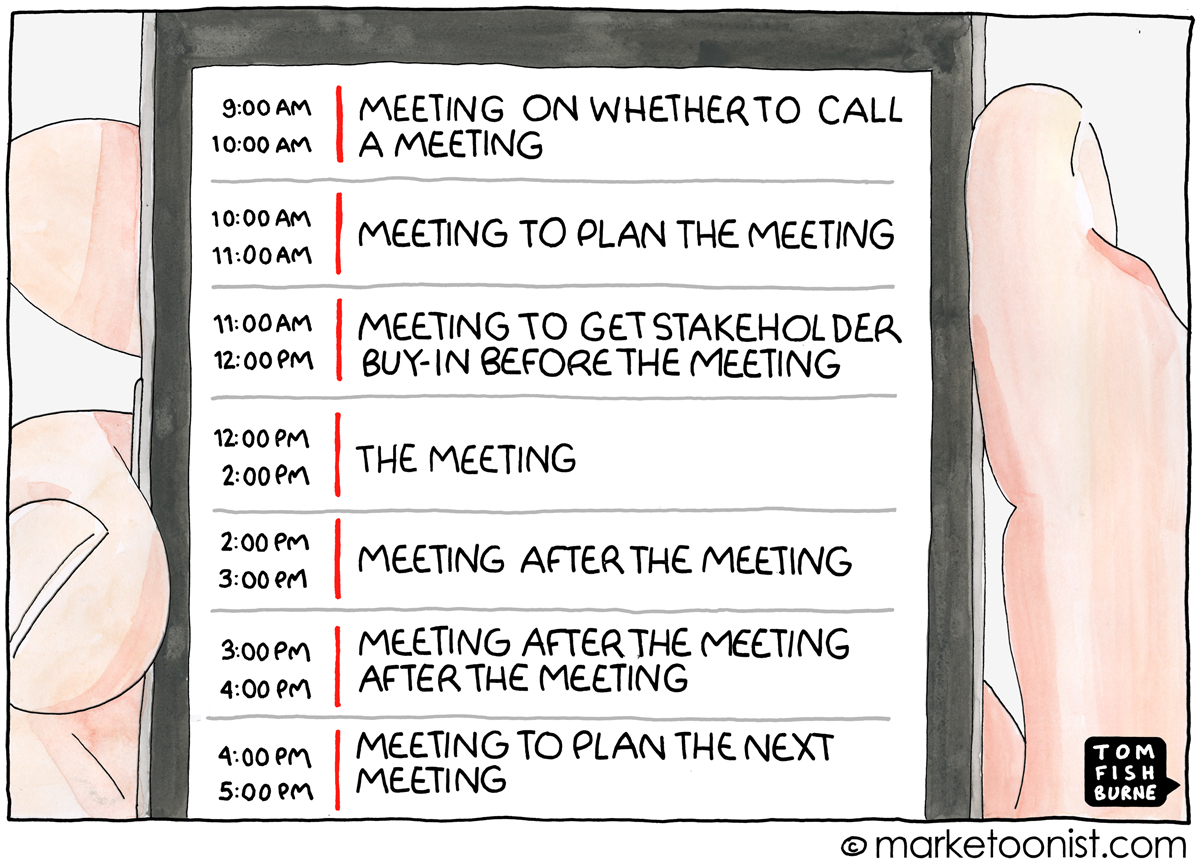If you think most product managers spend time in meetings, you're mistaken. The larger chunk of a PM's time is spent in preparation for those meetings - having the "meetings before the meeting", "the meeting", and the "meetings after the meeting."

In fact, for most one-way door decisions (decisions that are big and hard to reverse), the pre-meeting phase is quite crucial to getting alignment from various opinionated stakeholders.
The Japanese have a term for this – Nemawashi (根回し) which refers to an informal process of laying the groundwork for a proposed change by talking to the relevant people and gathering feedback and support beforehand.
The concept stems from the practice of Japanese bonsai tree cultivation, where gardeners carefully dig around and trim the roots of a plant to prepare it for transplantation. In a similar way, nemawashi makes you tend to the roots by addressing concerns with the people are invested.
This mental model has come in quite handy for me in navigating difficult decisions and big shifts.
By bringing in skeptics and harsh critics early for "the meeting before the meeting," you can proactively address concerns in a lower-stakes environment. I've found that inviting frank critique through informal sessions like "roasts" creates a safe space to surface objections early on, which I can then incorporate into my plans to build trust.

If those same objections were to come up in the main meeting unexpectedly, it could derail everything.
One of the biggest lessons I've learned is that your strategy should never surprise the team - the context and key decisions should already be familiar when presented formally. It's far better to put out a few small fires in those pre-meetings than to have to call the firefighters during the main event. It's for these same reasons why wildfires of Baja California leads to devastating forest fires every year, whereas letting small fires burn in Mexico keeps everything in check.
The nemawashi technique prevents conflicts and resistance by making people comfortable with a change before it's officially announced.
It works.
